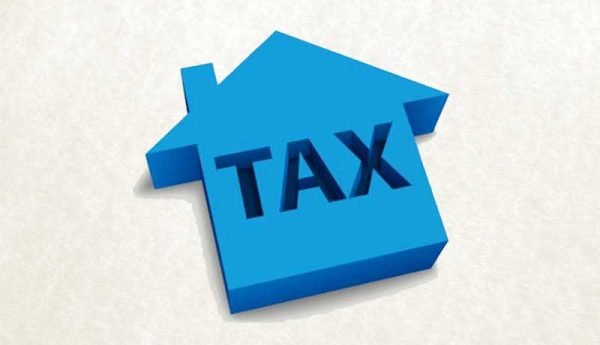Today our post will be focussed on helping you choose an investment to save tax in the current financial year.
If you are new to taxes or unsure about which products to choose to save tax, this post is for you.
Traditional and safe investments
If your goal is a secure investment, albeit moderate returns, PPF and NSCs are your best bet. PPF provides close to 8.7% return and a maximum of Rs 1,50,000 can be invested annually. You can open an account in several private banks and public banks. Some banks allow online services for PPF accounts, which means you can view your PPF balance as well as transfer money to your account online. Returns from PPF are tax free. Investments in PPF can be claimed as a deduction under section 80C. If you open a PPF account, a minimum of Rs 500 must be invested each year to keep it active.
NSCs can be purchased from post offices, and these also offer close to 8% return. Investment in NSC can also be claimed under section 80C. Though interest earned is fully taxable, during the term of the NSC this interest can be claimed as deduction under section 80C. Since PPF & NSCs are government backed securities, therefore are secure.
Equity linked and aggressive investments
While the traditional investments listed above are less aggressive, these also mean your money is locked up for a longer duration. PPF accounts mature in 15 years and NSCs are for a period of 5 years or 10 years. If you are up for some risk, consider putting your funds in an ELSS. ELSS or Equity Linked Savings Scheme is a mutual fund linked to equities. Has a minimum lock-in of 3 years. And investments are tax free under section 80C. Returns are fully exempt. Spend some time selecting a fund which has shown a good track record and is from a trusted fund house. Since your fund is market linked, there is a possibility of a higher return than ~8% you get from traditional investments. This could be a good time to pick up a fund. Although, you can opt for a monthly SIP, however, if you start in December, your SIP shall be for only 4 months and that’s the amount that you’ll be able to claim. If you have the requisite fund, consider investing a lump sum at this time to get 80C deduction for the full amount invested.
Buy medical insurance for your family
You can purchase a medical insurance to secure yourself, your spouse and your children and claim a deduction of maximum Rs 25,000. This is allowed under section 80D. You can also secure your parents and claim additional Rs 30,000 or the premium amount whichever is lower, for their insurance. If you plan to make this investment pay your annual policy premium; you can then claim the entire amount in financial year 2015-16.
Avoid making investments in panic mode
A lot of tax payers, invest purely to save tax and without considering their overall financial goals. For example, purchasing a ULIP plan at the last minute; while you’ll be able to save tax this year on the premium paid, if you discontinue the plan your tax saves may be added back to your income. ULIPs require you to make steady investments annually to secure the full benefit. Committing to a life insurance premium, without paying full attention to coverage and other aspects may not be wise. Take your time to assess the various options available. In case you are not able to invest before your employer’s tax proof submission deadline, don’t worry. Most of these deductions can be claimed directly in your return. And in case excess TDS is deducted by your employer, you can seek a refund, by filing a return. However, do note that the investment must be made before 31st March of the financial year.
There are deductions with no investment
You can take benefit of Section 80C without making additional investments. Employee provident fund deducted from your salary (12% of your basic) can be claimed as part of Section 80C. If you are paying home loan EMIs, you can claim the principal portion of your EMI under section 80C. School fees of up to 2 children can be claimed under section 80C. If you have committed to premium payments for a life insurance, those can also be claimed under section 80C.
If you are supporting a disabled dependent you can claim deductions under section 80DD and Section 80DDB.
Advice for succeeding at Tax Saving this financial year

